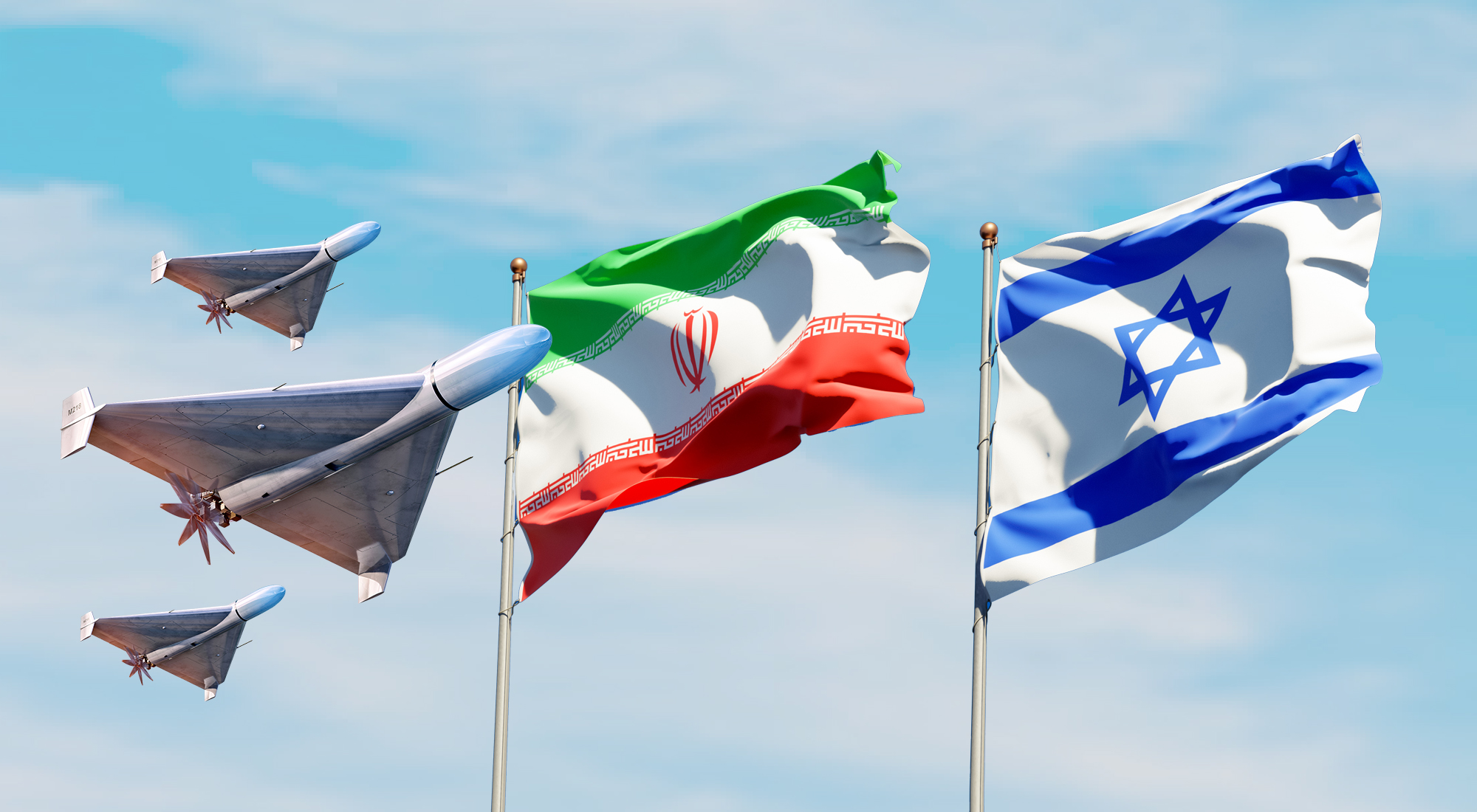As per report Israel is spending approximately $725 million per day on military strikes air defence and rebuilding the damage may cost approx $400 million.
Financial impact of the Iran-Israel War:
During the Iran- Israel war, both countries launched hundreds of missiles back to back against each other, leading to massive casualties on both sides.In addition to the tragic loss of countless lives on both sides, Iran and Israel have suffered significant financial setbacks, pouring millions of dollars into weapons, ammunition, and military operations against each other.
As the conflict continues across the Middle East, both nations are facing substantial daily economic strain. Below are the key details highlighting the financial toll of this ongoing war.
Reports indicate that Israel is incurring daily expenses of around $200 million just to intercept Iranian missile attacks. Within the first two days of the conflict, Israeli infrastructure and defense systems reportedly sustained damages estimated at $1.45 billion following the Iranian attacks.
As per report Israel is spending around $725 million per day on military strikes and air defence system and is expected that in order to recover damage it may cost approx $400 million.
Israel targets military sites, missile launchers in Iran base:
Amid ongoing conflict in the Middle East, the Israeli Defense Forces (IDF) reported that the Israeli Air Force (IAF) conducted a series of airstrikes targeting military installations in western Iran, retaliating against a missile attack launched by Iran earlier that day.
Iran launched back to back more than 30 ballistic missiles at Israel, the Israel defence force had said earlier in the day. This came just hours after the United States carried out a military strike on Iran’s nuclear facilities and Iran late on Monday reportedly launched Operation Basharat al-Fath against US bases in Qatar and Iraq in response to the American strikes that hit three Iranian nuclear facilities Fordow, Isfahan and Natanz the previous day.
Washington had been awaiting a response from the Iran and meanwhile Israel once again struck Iran’s underground nuclear facility at Fordow, saying that it aimed to obstruct the access routes to the site.
The Israeli defense ministry also warned Iranian supreme leader ‘Ayatollah Ali Khamenei ‘of severe punishment for every attack on Israel’s home front. The ministry of Israel said that attacks on Iran will continue with full force.
Israel has been spending roughly $1 billion per day in military and defense outlays—covering missiles, aircraft, drones, reservist pay, logistics, and civilian aid.
Conversely, a one-month war with Iran is estimated to cost Israel around $12 billion, according to Zvi Eckstein, head of the Aaron Institute for Economic Policy. In addition to Israel’s potential economic losses, Iran has also suffered significant damage to its infrastructure, as well as its gas and oil production sectors.
Middle East Tensions, Global Consequences: The Economic Impact of the Israel–Iran War:
As Israel’s military offensive against Iran intensifies, the Middle East is plunging into deeper turmoil—setting the stage for a global economic crisis unlike any seen before. A major point of concern is the Strait of Hormuz, a critical maritime passage through which 20% of the world’s oil supply flows. With threats looming over its potential closure, the ripple effects on global energy markets and economic stability could be severe.
Above all the conflicts and war situation between counties, has also put global energy markets in danger situation. The Strait of Hormuz, through which 20 million barrels of oil approximately one-fifth of the global supply and a quarter of global LNG passes daily, now faces a crisis due to Iranian threats of closure. Israeli continuous attacks on Iranian oil infrastructure, including Kharg Island—responsible for over 90 percent of Iran’s oil exports—have disrupted global supply.
As per report Brent crude prices rose from $72 in early Jun 25 to $78 per barrel till now, and even push the price to $150 or even higher in coming days.
Total war toll: The Bank of Israel and economists project war-related costs hitting $55–67 billion by 2025—equivalent to roughly 10–12% of GDP:
According to the U.S.-based organization HRANA, as of June 22, 2025, a total of 865 people have been killed in the ongoing war. The reported casualties include 215 military personnel, 363 civilians, and 287 unidentified individuals, with an additional 3,396 people injured.
Regional sources also said that in conflict 20 senior commanders were also killed in the strikes between two countries which in very devastating.
Oil markets:
The ongoing Israel–Iran conflict has given Iran a strategic advantage, particularly through its potential to disrupt global oil supplies by exerting control over access to the Strait of Hormuz—a vital chokepoint for international energy trade. The burning conflict in the Middle East and any potential closure of the global oil trade route are likely to inflate oil prices in recent days.
Iran is the third largest oil producing nation among the Organization of the Petroleum Exporting Countries globally and also holds key control over disrupting the oil trade through the Strait of Hormuz. The Strait of Hormuz is strategically important global trade passage for crude oil import and export out of Gulf Nations. This crucial passage connects the Gulf of Oman, the Persian Gulf, and the Arabian Sea, serving as a key maritime route through which nearly 20% of the world’s oil supply is transported globally.
US involvement in the conflict has rose up oil prices globally. After hitting its intraday high, the West Texas Intermediate futures are now trading at 0.20 percent lower at $73.64 per barrel compared with the previous close at $73.84 per barrel, according to data collected.
Analysts warned that further escalation in conflict could raise crude prices to $100–150 a barrel, affecting inflation and global trade.
Summary:
Israel is under severe fiscal strain due to its deepening war with Iran, including direct military costs, infrastructure costs, economic disruption, and long-term budgetary implications. With cumulative costs projected at over $60 billion (~10% of GDP) and daily expenses around $1 billion, the country faces pressure from financing, credit ratings, and compressed growth globally. Globally, the conflict between countries is adding inflationary pressure and prompting capital shifts.
With the conflict ongoing, Israel will need to make tough economic policy choices—including potential spending cuts, fiscal tightening, or new taxes—to maintain financial stability.

